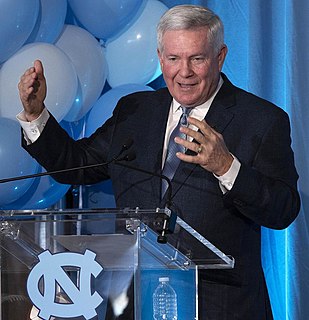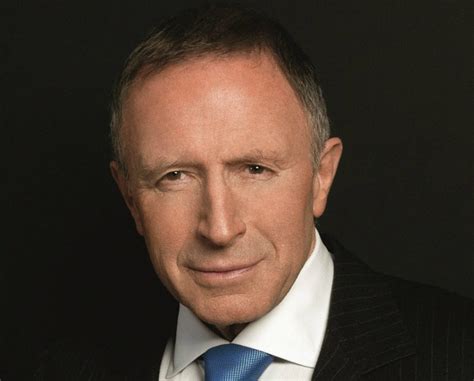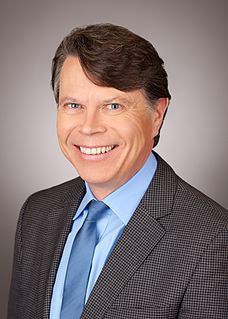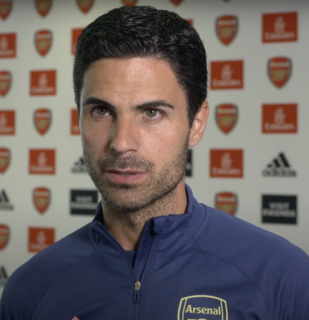A Quote by Tan Cheng Bock
I would love to be a mentor to many people who want to go into the political arena, teach them the art of winning elections.
Related Quotes
If libertarianism were easy to explain, and it weren't easy to exaggerate the effects of libertarianism, I think it would have been done already. Many many very intelligent people have applied themselves to crafting an agenda that people could grab ahold of. But the problem of course is that libertarianism isn't political. It is kind of anti-political. It wants to take a lot of things out of the political arena.
Throughout my career, I had a lot of mentors, and I just adopted them. What I found is that, especially if you're young, when you go up to people and say, 'Would you mind being my mentor?,' their eyes widen. They literally step back. What they're thinking about is the commitment and time involved if they say yes. And time is something they don't have. So I would not ask them to be my mentor, but I would just start treating them like it. And that worked very well for me.
We have a democracy of elections to elections. After winning an election, the parties become brazen and arrogant. They would do all wrong things and if you question them, they would say - why don't you change the government next time? But that would be five years later. What do I do right now? I am suffering right now.
Pretty much I want to be Steve Wozniak, who I decided I was at a young age and not change. I want to go back to school and get my college degree like I would have without Apple. I want to teach young kids like I would have without Apple. And part of it is I'm accessible. I'm open. And so many people e-mail me and get me. And as much as I can I try to answer people, listen to them, be polite and say yes.
I think a lot of people are involved in art because of the fashion of art and the conversation. It gives them a certain sophistication, something to speak about. But art is, if it's conceptual, really about understanding the concept. And if it's beautiful, it's about seeing the beauty. It's gone much further than that now. There's too much commercialism attached to art. If the market cracks one day big-time, you'll frighten so many people away who will never come back. Because they don't really feel for art. People who buy art should want it because they love it, they want to enjoy it.
In myths and movies, the mentor can play a few roles: they bring the hero a magical gift, teach them how to use a special tool, or help the hero get unstuck. In a presentation setting, the presenter is the mentor. Our role as a presenter is similar to a mentor. We should be brining something of important value to our audience, they should not leave empty handed. There should be something useful and somewhat life-altering that we give them. It's not very often that we sit through a presentation and feel like we've sat at the feet of a mentor, but we should.
People who seek political power are, with exceptions too rare to matter, never to be trusted; at best, such people are vain and officious busybodies. People who actually achieve political power are to be trusted even less than those who seek it without success; winning elections requires a measure of deceitfulness and Machiavellian immorality that no decent person comes close to possessing.
The Sanders campaign, however, broke dramatically with over a century of U.S. political history. Extensive political science research, notably the work of Thomas Ferguson, has shown convincingly that elections are pretty much bought. For example, campaign spending alone is a remarkably good predictor of electoral success, and support of corporate power and private wealth is a virtual prerequisite even for participation in the political arena.
































